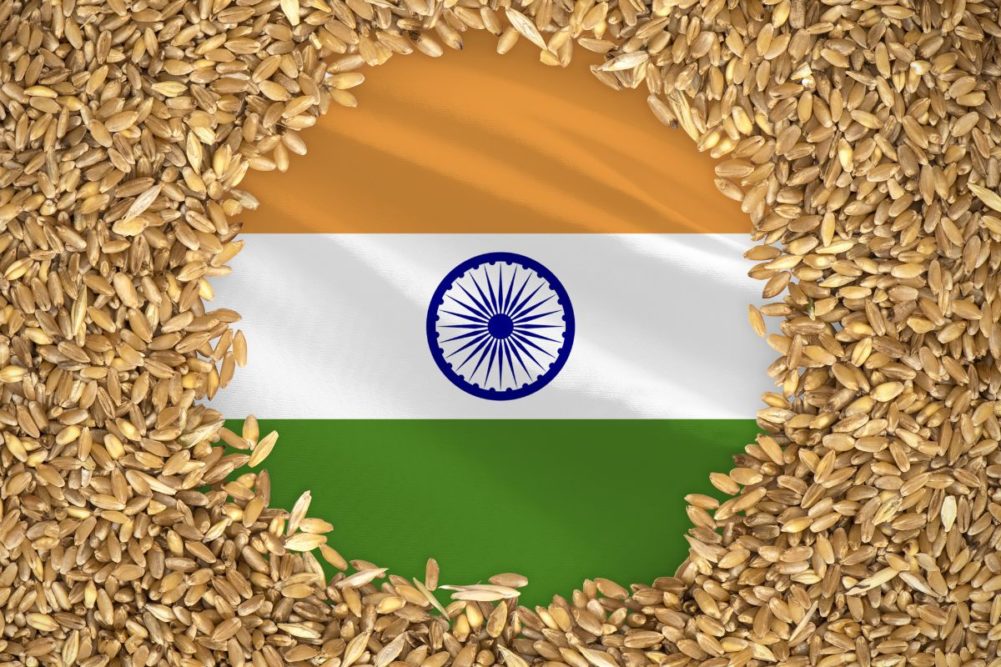NEW DELHI, INDIA — India announced on Nov. 4 that it plans to extend its free food grains program by five years to combat rising grain prices, which have led to food inflation in the world’s most populous country, Reuters reported.
Extending the program, which provides free grains to more than 800 million people, will require higher government spending and the procurement of more wheat and rice from farmers in the coming years, according to Reuters.
The free food grains program, which is estimated to have cost $24 billion this year, was due to expire at the end of 2023.
India is the world’s leading rice producer and exporter and the second-leading wheat producer. It currently has a ban on wheat exports and also has banned the export of several varieties of rice to help ensure sufficient supplies for its people.
Oscar Tjakra, senior research analyst, RaboResearch Food and Agribusiness, Asia, told World Grain that although the government has flooded the market with highly subsidized wheat from state stockpiles and has kept the export ban in place, it has been unable to bring food inflation down to its desired level.
Tjakra said that in addition to supplying wheat to the poor at a steep discount, the government in April 2020 started providing free wheat to the millions of beneficiaries to stave food shortages during COVID-19 lockdowns.
“The free distribution of grain led to a drawdown in the government’s food stocks, and lower wheat output in 2022 and 2023 meant slower-than-expected replenishment of inventories at state warehouses,” he said, noting that although government wheat stockpiles on Sept. 1, 2023, were 1.2 million tonnes higher than the previous year at 26.04 million tonnes, it is still lower than the 10-year average.
“Despite banning wheat exports, Indian domestic wheat prices still increased in 2023,” Tjakra said. “Domestic wheat prices in India reached their highest point in nearly eight months in September 2023.”
Tjakra said the decision to ban exports isn’t only tied to supply and demand fundamentals. There’s a political element as well.
“It doesn’t seem the Indian government will lift the rice and wheat export bans anytime soon,” Tjakra said. “The government will most probably only lift these bans after the election next year.”






